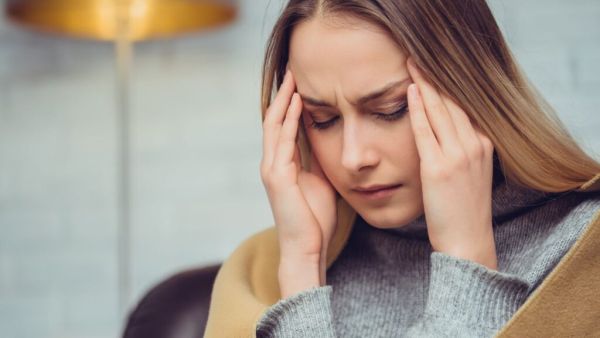
Low Protein Symptoms: We should take about 0.8 grams of protein of our weight. Men should take minimum 56 grams of protein and women should take about 46 grams of protein.
Protein Deficiency Signs: Protein is an important part of our diet. For our physical and mental development, we should consume protein in some form or the other daily. We should take about 0.8 grams of protein per our weight. Men should take minimum 56 grams of protein and women should take about 46 grams of protein.
If you do not take adequate amount of protein for a long time, you may have to face many physical and mental problems.
Swelling in the body is the first sign of protein deficiency. This is called edema. In edema, swelling may appear on your feet, toes, hands or stomach. A protein called albumin helps in balancing the liquid present in our body. Due to protein deficiency, fluid starts flowing out and accumulating in the surrounding tissue. This sign indicates liver diseases. It is important to get it checked as soon as possible.
Protein deficiency affects our body as well as our mind. In such a situation, problems like sudden mood swings, irritability, restlessness and inability to concentrate occur. This is because the amino acids made from protein make chemicals in our brain that control mood and motivation. Due to their deficiency, it is natural to see an impact on mental balance.
Fatigue in the body is an important symptom of low protein. If despite good sleep the body feels tired or energy disappears quickly, then it indicates protein deficiency. Protein plays an important role in keeping blood sugar stable, producing hormones and providing energy. Due to lack of protein we may feel tired.
Protein deficiency also causes problems like hair fall, hair thinning, nails breaking or skin becoming dry and lifeless. Due to lack of protein, keratin, collagen and elastin are not produced in the right quantity. These are all signs that the body is not getting enough protein.
Due to protein deficiency, one feels hungry again and again. This is because protein keeps the stomach full for a long time and maintains energy stability. When it decreases, hunger increases frequently, cravings increase and energy keeps falling.